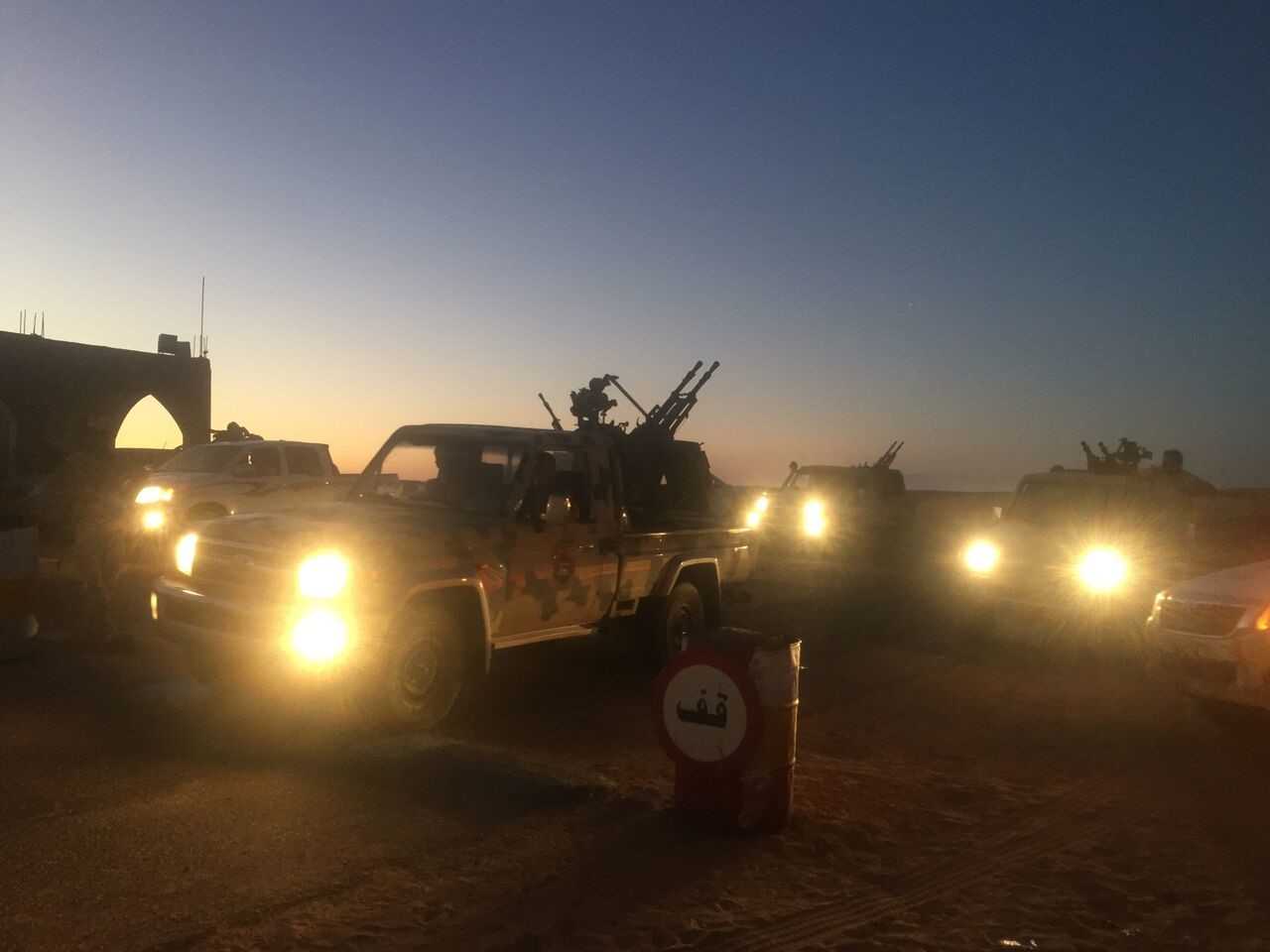
Above: Photo of trucks in a desert landscape. There are weapons on the beds of the trucks.
Conflict Armament Research, James Bevan
Humanitarian Arms Control II — Small Arms and Light Weapons (SALW) and the Arms Trade Treaty (ATT)
This learning unit aims to enhance understanding of the illicit proliferation of SALW, policy instruments for controlling illicit SALW proliferation and the key challenges that hinder effective policy implementation.
Start learning unitChapters
Learning Objectives
After finishing this learning unit you will:
- have a better understanding of the illicit proliferation of SALW
- know the main elements of the most important international policy instruments developed at UN and EU level to control the proliferation of SALW
- have gained knowledge on the objectives, scope and content of the ATT and on the challenges of the development and implementation of policy instruments to combat the illicit proliferation of SALW
Credits
Disclosures
Content Warning
This learning unit may contain audio-visual material or texts, which may not be suitable for all audiences.
Funding
This Learning Unit was produced with financial assistance from the European Union. The contents of this Learning Unit are however the sole responsibility of the author(s) and should under no circumstances be regarded as reflecting the position of the European Union.
External Links
The site may contain hyperlink text references (’Links’) to other sites that are offered by third parties. These Links are made available solely for the purpose of information and as an additional service for users. Only the respective operator is responsible for all content and statements on linked Internet sites. Therefore, PRIF cannot guarantee the correctness and accuracy or any other aspect of third party sites.
Preferred Citation
Nils Duquet and Majlinda Behrami, "Humanitarian Arms Control II — Small Arms and Light Weapons (SALW) and the Arms Trade Treaty (ATT)" in EUNPDC eLearning, ed. Niklas Schörnig, Peace Research Institute Frankfurt. Available at https://eunpdc-elearning.netlify.app/lu-10/, last modified 3 July 2025
Editorial Note
This is a beta version of the learning unit, which is regularly optimised. Please report any factual errors or discrepancies to the publisher. (support(at)nonproliferation-elearning.eu). Please note that although the original text was written by the authors, the video production and simplifications were carried out by PRIF.

